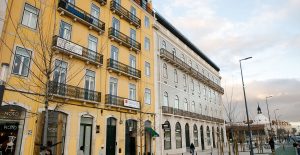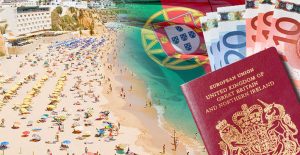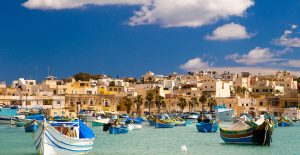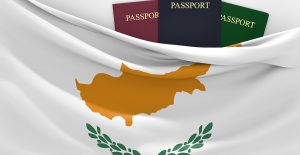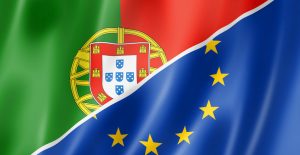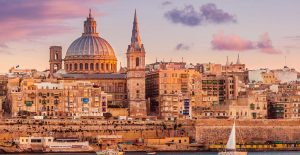
The office of the regulator of the Individual Investor Programme of the Government of Malta issued its Fourth Annual report on the 20th of December 2017. For the 12-month period between July 2016 and June 2017, this report states and provides statistics for the Malta Citizenship by investment programme. The report highlights numerous factors including how many applicants were received, rejected and those naturalised. Additionally, the report offers a thorough breakdown routes to investment as well as citizenship status for the primary applicant, their spouses and other dependents.
As the report reveals, the Maltese programme is still attracting an influx of applicants, however, there has been a decrease by 17% when compared to the 12-month period above and the previous year before that. The exact amount of applications that were submitting during 2016/2017 fell to 377 compared to the 451-recorded applications during the previous period. From inception up to today, this brings some total amount of 1101 applications made.
The percentage of male applicants who submitted their applications as the main applicant made up 79% of the total applicants; making a mere 21% of the main applicant’s female. On average, per main applicant included three of their dependants. The statistics outlined the nine main regions where applicants applied for. Please see the table below:

When comparing the period between 2016/2017 to the previous, there are few similarities and differences of the applicants who applied. Similarly, most of the applications came from the European region. Although, in contrast to the previous year, there was an increase of the number of applications from the Middle East and Asia, while those from Africa and the Gulf decreased.
Even in other Citizenship by investment programmes, there is a common trend that can be seen throughout by the number of applicants who apply in addition to the region they are applying from. From the applicants who were approved in relation to the due diligence being positively concluded and a letter of approval was issued 422 times; those who were not approved was only 83. There has been a significant increase from the previous period of those approved that was 241 and the year before that, only 75. This figure represents the incline of how efficient application process is becoming.
Considering how many applicants applied and reached the naturalization stage totaled to 386 applicants. This highlights that once again, there is a significant increase of those recorded from the previous period as it was only 137. Combining the two amounts together, by the end of June 2017, there was a total of 566 naturalized citizens. The Malta IIP has capped the naturalization of candidates, excluding their dependants, at 1,800. Since the Malta golden visa programme began in August 2015, it has already filled a third of its total capacity.
Property investment, across the golden visa board, is the most favoured route to investment. 88% (340) of the contributor’s property investments were leased and the remaining 12% (46) were purchased. The areas in Malta that are seemingly more popular are in Sliema, St Julians and Swieqi. During the period of 2016/2017, €868,173.58 seemed to be the average amount spent on a single purchase of property. The rental value during the same period stood at an average of €21,128.53. Compared to most of the other investment programmes, the Maltese golden visa programme requires the main applicant to not only invest in property, but Government stocks and between June 2016 and June 2017, this amount totalled to €58,371,279.83. Please see more Maltese statistics below:
Malta Citizenship Programme Statistics – Contributions Collected from July 2016 to June 2017
1st July, 2016 – 30th June, 2017 the financial contributions amounted to €194 million to the National Development and Social Fund;
€83 million to the Consolidated Fund;
€16 million to the Identity Malta Agency and;
€13 million to the concessionaire
Per applicant of the IIP for this period the total estimate contribution stands at €10,584,600,000 which is equivalent to 2.74% of the GDP.



